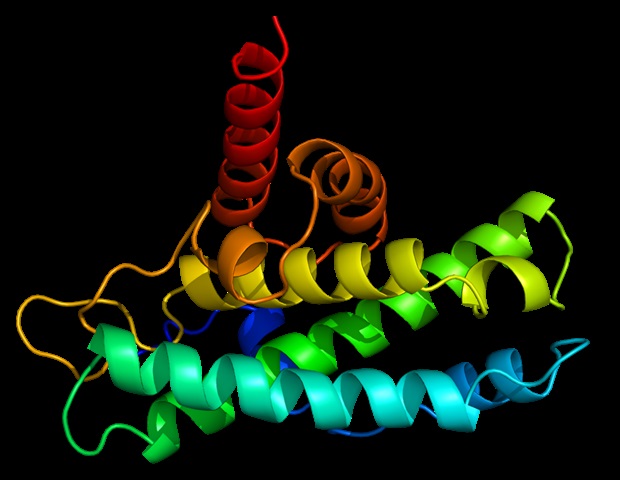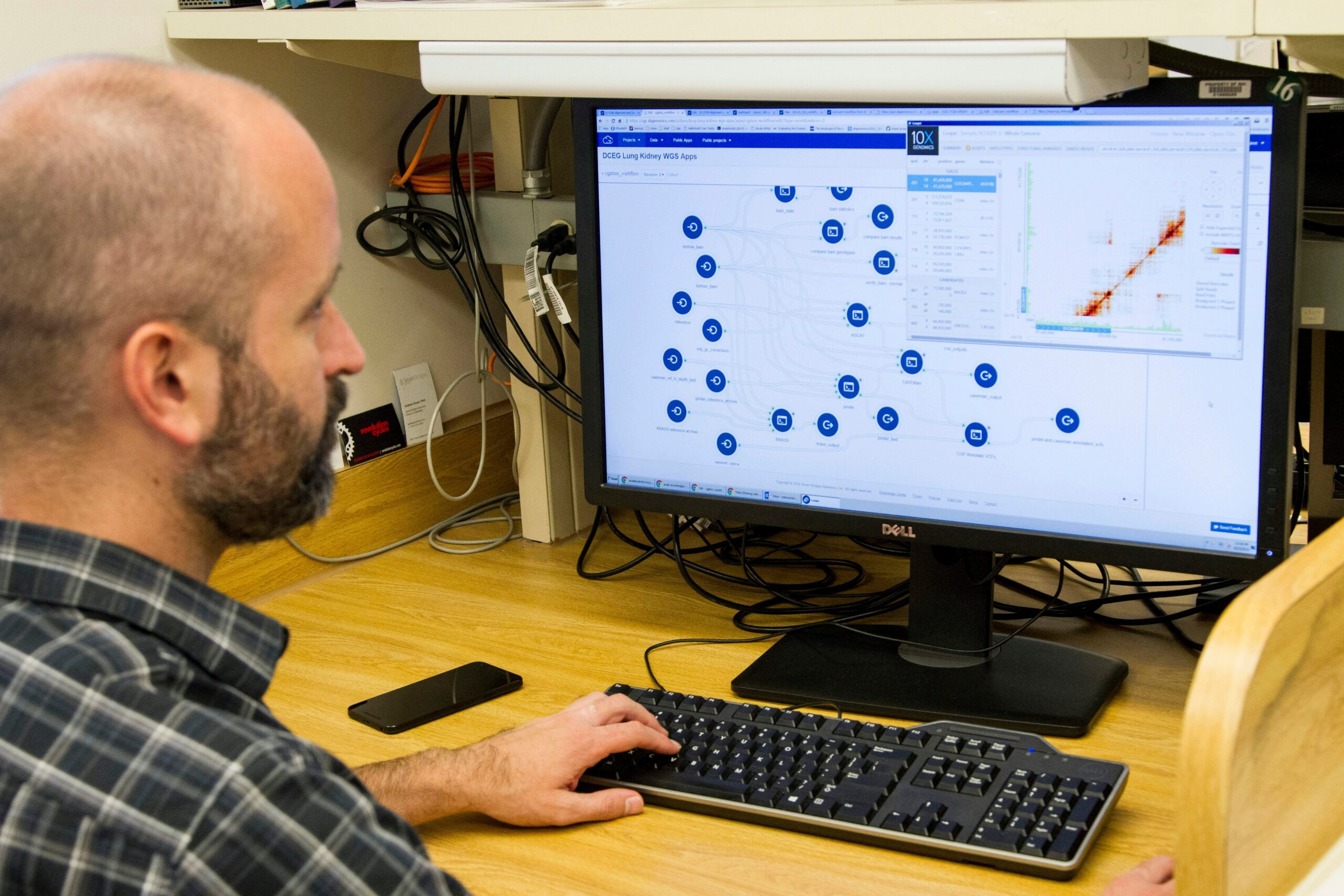
Antibiotic resistance in the environment is emerging as a critical yet largely overlooked crisis, one that could have severe implications for human health. This is the alarming conclusion of a new study spearheaded by the University of Surrey, which highlights the inconsistent attention given to this issue.
The comprehensive review, published in the journal Environment International, analyzed 13,000 studies conducted between 1990 and 2021. The research aimed to discern patterns and identify gaps in the current understanding of environmental antibiotic resistance. Out of these, 738 studies specifically focused on non-built, non-industrial environments such as rivers, fields, and air.
Key Findings: Where Resistance Lurks
The researchers discovered that antibiotic-resistant bacteria are predominantly found in freshwater and soil environments, especially in areas contaminated by wastewater or manure. The study identified Escherichia coli and Pseudomonas as the most frequently studied bacteria. Additionally, genes that confer resistance to antibiotics like sulphonamides, tetracyclines, and beta-lactams were notably prevalent.
“Despite a growing body of research, our study confirms that we know frighteningly little about how antibiotic resistance behaves in certain regions and environmental contexts. This is a silent emergency, and unless the scientific community works quickly to plug this knowledge gap, we risk letting antibiotic resistance spread unchecked in places we’re not appropriately monitoring.” — Dr. Brian Gardner, Research Fellow in Computational Biology, University of Surrey
Gaps in Research and Geographic Disparities
Alarmingly, the study found a significant lack of research on how antibiotic resistance spreads through air, oceans, or green spaces. Moreover, there is a notable deficiency in studies conducted in low-income regions, where the health burden of antibiotic resistance is likely to be most severe.
The research also revealed that a third of the studies originated from China, followed by the United States. In stark contrast, less than one percent of the studies were led by researchers from low-income countries such as Afghanistan, Ethiopia, Mali, and Uganda. These regions face some of the greatest health risks from antibiotic resistance, yet remain underrepresented in current research efforts.
“This research was only possible thanks to the formidable contributions of 55 colleagues, whose expertise and commitment were indispensable. Our findings highlight an urgent need for more research in low-income regions, which face higher risks of antibiotic resistance but are severely underrepresented in current studies. To truly combat antibiotic resistance globally, we must broaden our research scope to include diverse environments and geographic regions, particularly those most vulnerable.” — Dr. Gianni Lo Iacono, Senior Lecturer in Biostatistics/Epidemiology, University of Surrey
Implications and Future Directions
The study’s findings underscore the urgent need for a more comprehensive approach to researching antibiotic resistance in the environment. The absence of data on the impact of climate change and microplastics further complicates the picture. While the field has rapidly evolved in recent years, these critical questions remain largely unanswered.
As the world grapples with the growing threat of antibiotic resistance, the study calls for a concerted global effort to expand research into diverse environments and geographic regions. This broader scope is essential to effectively combat the spread of antibiotic resistance, particularly in the most vulnerable areas.
Moving forward, the scientific community must prioritize filling these research gaps to prevent antibiotic resistance from spiraling into an uncontrollable public health crisis. The findings of the University of Surrey’s study serve as a clarion call for action, urging researchers and policymakers alike to address this silent emergency with the urgency it demands.




